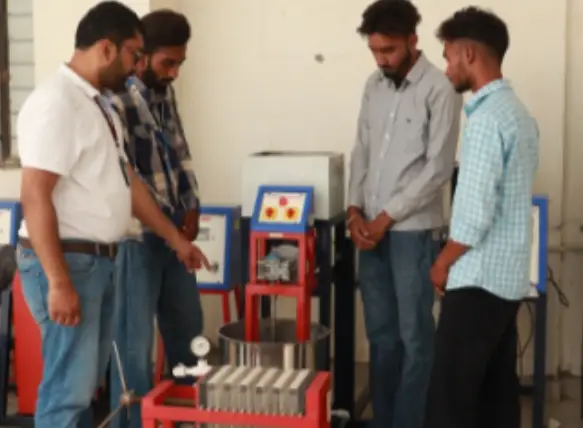
Mechanical Operations Lab focuses on teaching fundamental principles and practical aspects of mechanical unit operations commonly used in chemical and processing industries. Experiments involve studying various size reduction techniques such as crushing, grinding, and milling. Equipment like jaw crushers, ball mills and hammer mills are used to understand the effect of operating parameters on particle size distribution and energy consumption. Filtration equipment such as filter presses, vacuum filters, and centrifuges, focuses on studying the principles and applications of solid-liquid separation, including learning about filter media selection, cake formation, and filtration efficiency.
Mass Transfer Lab focuses on studying the principles and applications of mass transfer phenomena such as diffusion, distillation, liquid-liquid separation, solid-liquid extraction, drying and humidification. The laboratory deals with experiential study of separations and mass transfer, which involve the movement of components within a mixture. This lab helps to learn the students to operate various units and gain insights into real-world applications.
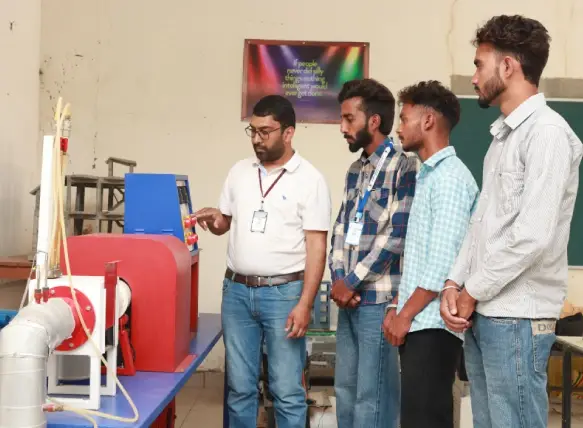
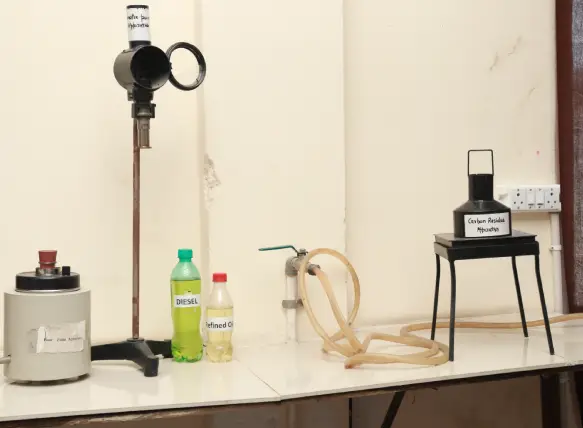
Process Control and Instrumentation Lab is comprised of the sensors and various instruments used in industrial processes to measure, control, and monitor and maintain parameters such as pressure, temperature, flow rate, level, and composition, for improved production, product consistency, quality management, and workplace safety in manufacturing and processing facilities. Students learn about control valves, including their types, construction, and working principles. Experiments are conducted to understand valve characteristics, flow control, and valve sizing and interacting and non-interacting system. Top of FormBottom of Form
In Chemical Reaction Engineering Lab, principles of chemical engineering are applied to study and analyse chemical reactions. These labs typically involve experiments designed to understand reaction kinetics, reactor design, and optimization of chemical processes. Labs include experiments focused on different types of reactors such as plug flow reactor, continuous stirrer type reactor and packed-bed reactors. Students learn about reactor design parameters such as residence time distribution, conversion, and reactor sizing.
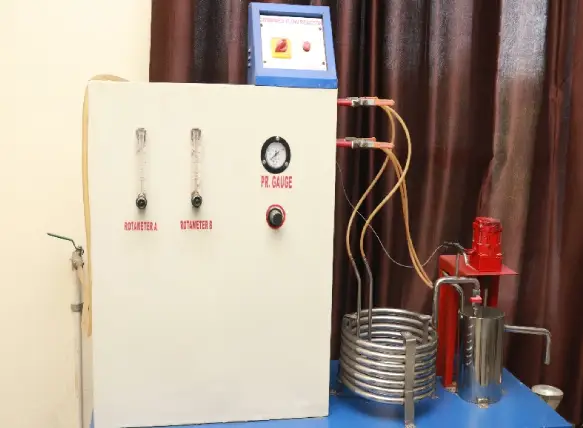
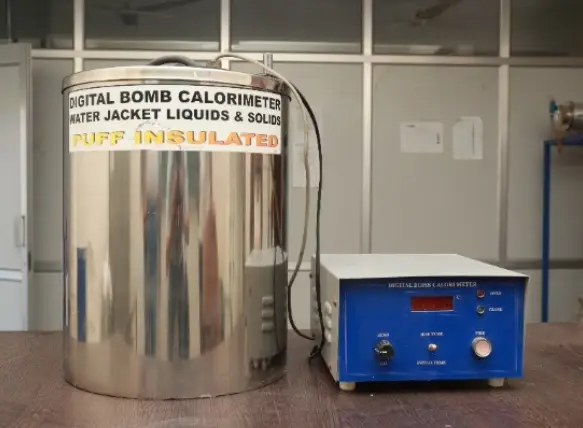
In Petroleum Testing Lab, the focus is on analysing various properties and characteristics of petroleum products to ensure quality, compliance with regulations, and optimization of processes. Flash point and Fire point tests determine the temperature at which a petroleum product gives off enough vapour to ignite in the presence of an ignition source. Distillation tests are conducted to determine the boiling range and composition of crude oil and its fractions. These tests help petroleum companies ensure product quality, meet regulatory requirements, optimize refining processes, and troubleshoot issues related to production, transportation, and storage of petroleum products.